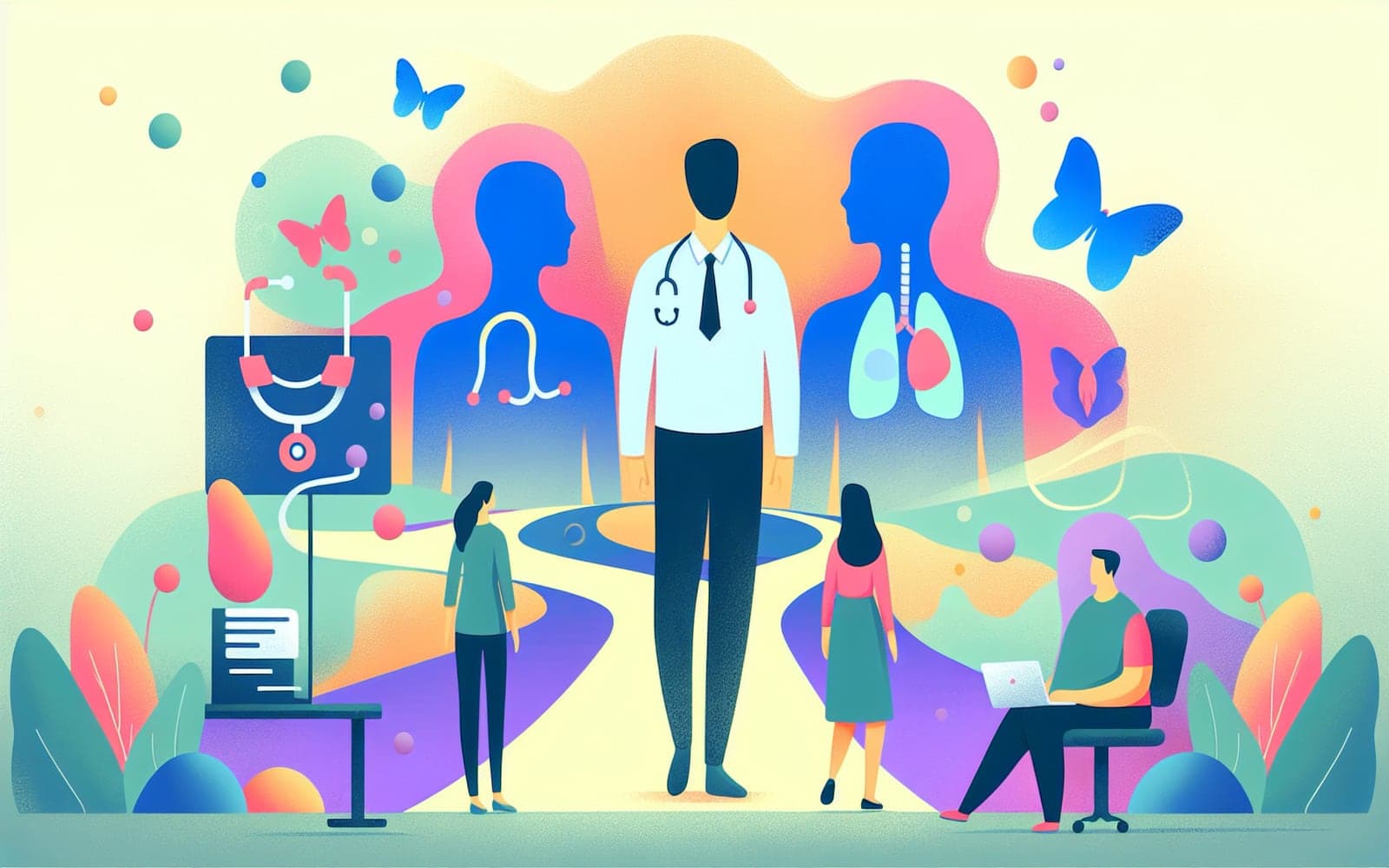Navigating Hypothyroidism Treatment: A Guide
Published: Sep 15, 2023

Medically reviewed by Benjamin Seth Martinez | MD, Statpearls - Director of Clinical Content on September 15th, 2023.
Treating hypothyroidism involves more than just taking a pill. This guide breaks down the steps to effectively manage your thyroid health.
Contents
Initial Steps in Treatment
For newly diagnosed patients, treatment often begins with a full dose of levothyroxine, adjusted according to weight and health status. Older adults or those with heart conditions may start on lower doses to minimize risks. Regular monitoring of TSH levels is crucial to ensure the dosage is effective and safe.
Monitoring and Adjustments
After starting treatment, TSH levels are checked every few weeks to adjust the dosage accordingly. The goal is to reach a normal TSH level while alleviating symptoms. Changes in weight, diet, or other medications can affect your thyroid needs, so ongoing communication with your healthcare provider is essential.

Dealing with Persistent Symptoms
Some patients continue to experience symptoms even with normal TSH levels. This may require additional testing or adjustments in medication. In rare cases, a combination of T4 and T3 therapy may be considered, though it's not commonly used due to potential side effects.
Frequently Asked Questions
Typically every 6-8 weeks until stabilized.
Yes, it may change based on TSH levels and symptoms.
Persistent symptoms may need further evaluation or medication adjustments.
No, it's rare and used only in specific cases.
Key Takeaways
Understanding your treatment plan is key to managing hypothyroidism effectively.
Get started: Discuss your treatment plan with Doctronic today.Related Articles
References
Jonklaas J, Bianco AC, Bauer AJ, et al. Guidelines for the treatment of hypothyroidism.
Brito JP, Deng Y, Ross JS, et al. Generic-to-Generic Levothyroxine Switching.
This article has been reviewed for accuracy by one of the licensed medical doctors working for Doctronic. Always discuss health information with your healthcare provider.

